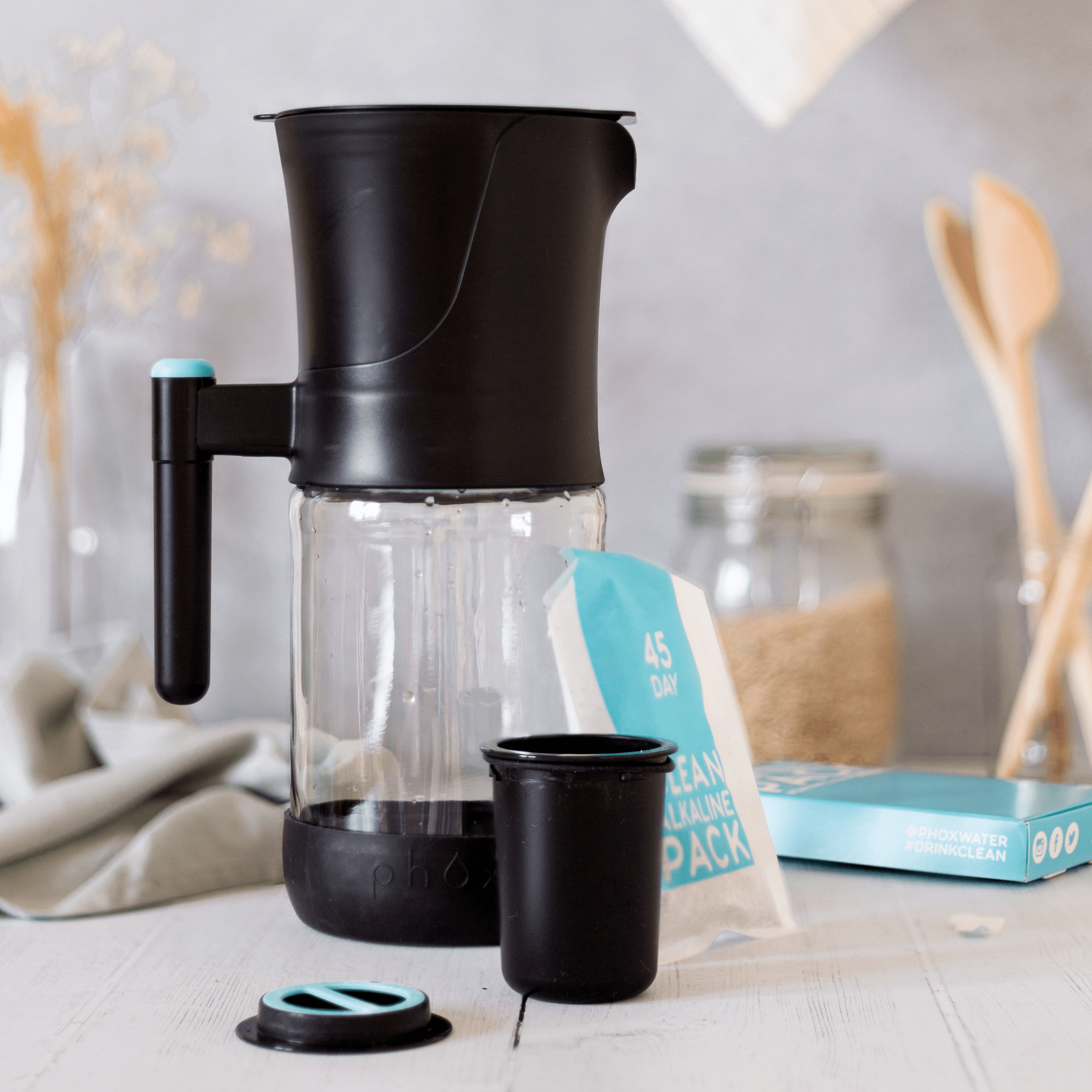What Are Your Kids Drinking - and How Much?
What if I told you that keeping the kids hydrated might be harder than keeping yourself hydrated? You wouldn't be surprised would you?
It's fair to say on the list of priorities for children, staying hydrated is fairly near the bottom of the list! The problem is that children have a larger proportion of body water than adults and have less heat tolerance. This means that in warm temperatures or after physical activity they are more likely to get dehydrated than we are.
What does the research say?
The recommended daily fluid intake for children is as follows; 1L per day for 5-8 year olds, 1.5L per day for 9-12 year olds and 2L for 13+ year olds. Now as if the battle to get them to eat the right things wasn't hard enough, encouraging them to keep themselves hydrated might often seem like fighting a losing battle. The importance of hydration is lost on some adults, never mind children.

The main problem many parents will experience is that kids find it so much easier to drink fizzy juices, fruit juices and smoothies than the only thing that will actually healthily hydrate them - water. The National Diet & Nutrition Survey (2014) found that children between 4-10 are now getting 30% of their daily sugar intake from soft drinks.
Another publication in the British Medical Journal in 2016, found that fruit juices, juice drinks and smoothies marketed only specifically to kids had unacceptably high sugar contents and advised that manufacturers stop adding unnecessary sugar to these drinks. A further hurdle in terms of sugar levels is that reference intakes, which are displayed on all products as part of European Law, are based on average sized adults performing an average amount of daily activity. They do not represent the different intake and expenditure requirements for children.
Perception Problem
A recent survey in The Lancet (Diabetes & Endocrinology section) on people's perception of sugar in drinks found that sugar content in fruit juices and smoothies was underestimated by 48%. This common misconception is due to the levels of naturally occurring sugars in fruit and the fruit juices used to make smoothies. Of course smoothies can be healthier than carbonated drinks but it's important to keep an eye on the sugar content. As can often be the case with food, you can be guaranteed kids will find much easier to drink those things with higher sugar contents.
Keeping the Kids Hydrated
A 2015 study in the American Journal of Public Health looked at urine osmolality - how concentrated a person's urine is - to measure levels of dehydration in 4,000 children aged between 6 and 19 years old. They found that just over 50% of these kids were dehydrated and almost a quarter of them confessed to drinking no water at all.
Of course, water is the number one hydrator around but it can seem very unpalatable at times even for adults, never mind children. However there are a number of ways you can encourage your kids to drink more and stay hydrated on a daily basis.
It's very common for kids to hate the taste of tap water and no wonder! The chemicals and odours can make it very unpleasant to drink and so the go-to alternative to get the kids drinking water is bottled water. This is both extremely costly and damaging to the environment - an issue you'll be familiar with given the recent media coverage of the plastic crisis with documentaries like Blue Planet II.
The Solution: Water Filter
This is where a countertop water filter is a great idea because it can make tap water pleasant and increase the chances that the kids will be happy to drink it. By removing the odours and chemicals in tap water but enhancing the mineral content, adding electrolytes and creating a silky, smooth taste your children are much more likely to enjoy drinking water instead of turning their noses up.


Water can also make a great smoothie base if you're making home made smoothies for your children. The water base will keep the sugar content to a minimum and ensure that it's only the naturally occurring sugars from the fruit that it contains.
Hopefully this can help you getting the little ones to drink more water and stay hydrated! :)


